Kathmandu-The Sher Bahadur Deuba money allegations that emerged following the September 2024 attack on his residence have been strongly refuted by his private secretariat. In an official statement released Thursday, the office of Nepal’s former Prime Minister and Nepali Congress President categorically denied claims about excessive money discoveries, burnt currency fragments, and alleged money tunnels at his Budhanilkantha residence.
Background of the Allegations
The Sher Bahadur Deuba money allegations began circulating widely on social media platforms following the violent attack on his residence on September 24, 2024 (24 Bhadra). During this incident, protesters occupied the Budhanilkantha residence, physically assaulted Deuba and his wife Dr. Arzu Rana Deuba, and ransacked the property.
Protesters allegedly entered Deuba’s home in Budhanilkantha and physically assaulted the couple. During the assault, Deuba sustained an injury to his head. The violent nature of the attack shocked the political establishment and drew widespread condemnation from various quarters.
What Were the Specific Claims?
The circulating allegations included:
- Discovery of excessive amounts of cash at the residence
- Burnt currency note fragments scattered throughout the property
- Existence of underground money tunnels
- Hidden wealth storage systems
Official Response from Deuba’s Office
Bhanu Deuba, the personal secretary of Sher Bahadur Deuba, issued a comprehensive statement addressing the Sher Bahadur Deuba money allegations. The secretariat emphasized that these reports were “baseless rumors spread with malicious intent to defame the party and its leadership.”
The statement specifically addressed several key points:
Denial of Money Discovery Claims
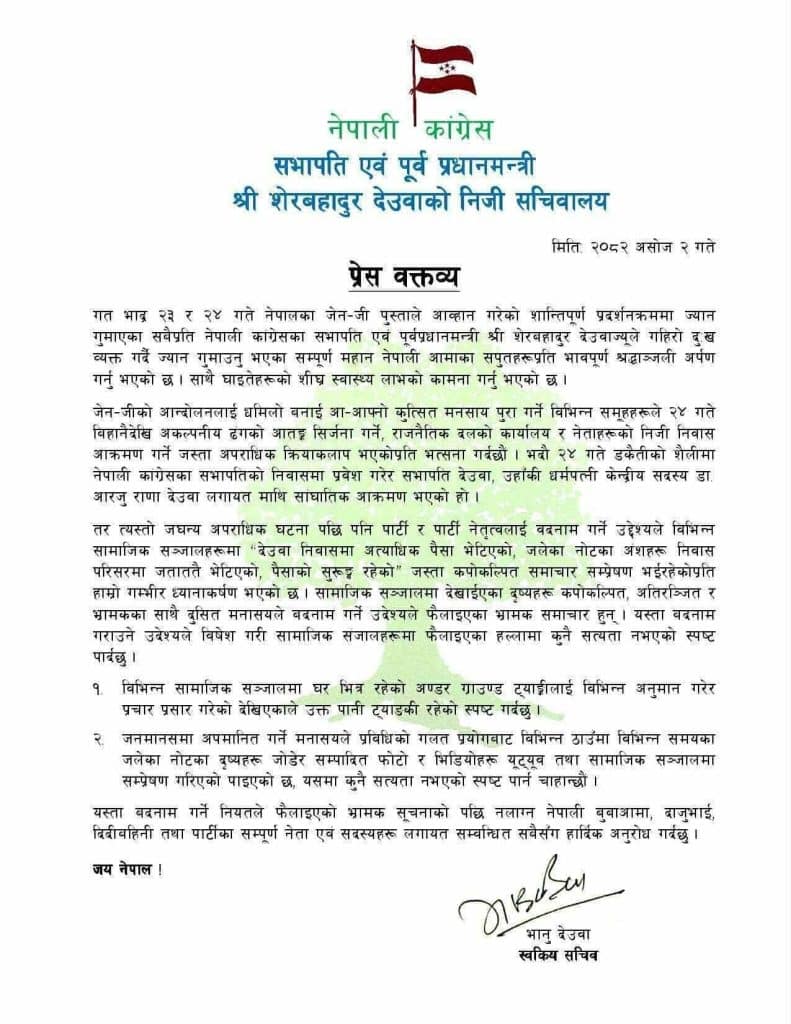
“The fabricated news being circulated on various social media platforms about excessive money being found at Deuba’s residence, burnt note fragments being found scattered throughout the residential premises, and the existence of money tunnels are completely false,” the statement clarified.
Addressing Underground Structure Claims
Regarding the underground structure shown in various social media posts, the secretariat clarified that what protesters had discovered was simply a water tank. The Sher Bahadur Deuba money allegations had misrepresented this routine infrastructure as evidence of hidden wealth storage.
Technology Misuse for Character Assassination
The statement highlighted how “edited photos and videos combining burnt currency images from different times and places have been circulated on YouTube and social media platforms with malicious intent to humiliate and defame.”
Details of the September Attack
To understand the context of the Sher Bahadur Deuba money allegations, it’s crucial to examine what transpired during the September 24 attack. The Nepali Congress has deplored the inhumane and barbaric attacks on party president and former Prime Minister Sher Bahadur Deuba and his spouse, as Nepal’s prime minister resigned amid protests that grew increasingly violent.
The Violence Unfolds
The attack was part of broader protests that initially began over social media restrictions but expanded into wider anti-government demonstrations. Protesters targeted multiple political leaders’ residences, with Deuba’s home becoming a particular focus of their anger.
Property Damage and Looting
During the occupation, significant property damage occurred, and various household items were looted. It was in this chaotic environment that images and videos began circulating, which later formed the basis of the Sher Bahadur Deuba money allegations.
Analyzing the Claims
The Sher Bahadur Deuba money allegations require careful examination in the context of Nepal’s political climate and the proliferation of misinformation on social media platforms.
The Role of Social Media
Social media platforms have become powerful tools for both information dissemination and misinformation spread. In Deuba’s case, his office alleges that manipulated content was deliberately created and circulated to damage his reputation.
Verification Challenges
In the aftermath of violent incidents, distinguishing between authentic documentation and fabricated content becomes particularly challenging. The secretariat’s claims about edited videos and photos highlight the sophisticated nature of modern misinformation campaigns.
Political Motivations
The timing and nature of the Sher Bahadur Deuba money allegations suggest possible political motivations behind their circulation. Character assassination through financial impropriety allegations is a common tactic in political warfare.
Social Media Misinformation
The Sher Bahadur Deuba money allegations case exemplifies how social media can amplify unverified claims. The secretariat’s statement specifically addressed the technological manipulation of evidence.
Edited Content Circulation
According to the official response, images of burnt currency from various locations and time periods were digitally combined to create misleading visual evidence supporting the money allegations against Deuba.
Platform Responsibility
The incident raises questions about social media platforms’ responsibility in preventing the spread of potentially defamatory content, especially when it involves public figures and could influence political discourse.
Digital Literacy Implications
The case underscores the importance of digital literacy among the general public to critically evaluate information before sharing or believing content on social media platforms.
Political Context
Understanding the Sher Bahadur Deuba money allegations requires examining Nepal’s broader political landscape. Deuba and his family are found to have unsourced and illegal wealth that includes expensive jewelry and sacks of cash when September 2025 Gen-Z movement showcased the hidden wealth at his private residence in Kathmandu.
Historical Pattern
Allegations of corruption and hidden wealth against political leaders are not uncommon in Nepal’s political discourse. Such accusations often surface during periods of political instability or social unrest.
Gen-Z Movement Impact
The involvement of younger demographics in recent protests has brought new dynamics to political accountability demands, with social media serving as their primary platform for organizing and information sharing.
Institutional Trust Crisis
The circulation of unverified allegations reflects a broader crisis of trust between the public and political institutions in Nepal, where citizens are increasingly skeptical of official denials.
Impact on Nepali Congress
The Sher Bahadur Deuba money allegations have implications beyond the individual leader, affecting the Nepali Congress party as a whole.
Party Image Concerns
As the party president faces these allegations, the entire organization’s credibility comes under scrutiny. The secretariat’s strong response indicates awareness of potential reputational damage.
Internal Party Dynamics
NC district presidents have asked about reported recovery of bundles of money from Deuba residence, showing that even within the party, questions are being raised about the allegations.
Electoral Implications
With Nepal’s political landscape highly competitive, such allegations could potentially influence voter perceptions and future electoral outcomes for the Nepali Congress.
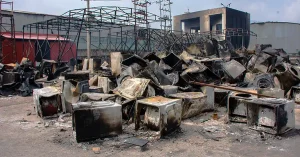
Effects of that protest
Moving Forward
The resolution of the Sher Bahadur Deuba money allegations controversy will likely depend on several factors moving forward.
Legal Recourse
Deuba and his party may consider legal action against those spreading what they claim is defamatory content, though the anonymous nature of much social media content makes this challenging.
Transparency Measures
To restore public confidence, political leaders may need to adopt greater transparency in their financial affairs, even beyond legal requirements.
Media Responsibility
Traditional media outlets and journalists bear responsibility for fact-checking and verification before amplifying social media claims, particularly those involving serious allegations against public figures.
Democratic Discourse
The incident highlights the need for constructive democratic discourse that allows for legitimate criticism while preventing character assassination through unverified claims.
The Sher Bahadur Deuba money allegations controversy represents a complex intersection of political violence, social media misinformation, and public accountability demands in Nepal. While Deuba’s secretariat has categorically denied the allegations and claimed they result from deliberate misinformation campaigns, the incident reflects broader challenges facing democratic societies in the digital age.
The case underscores the importance of:
- Critical evaluation of social media content
- Institutional mechanisms for addressing misinformation
- Balance between public accountability and protection against character assassination
- The need for political leaders to maintain public trust through transparency
As Nepal navigates these challenges, the Sher Bahadur Deuba money allegations case will likely serve as an important precedent for how similar controversies are handled in the future. The ultimate resolution will depend on the public’s ability to distinguish between legitimate accountability demands and politically motivated character assassination attempts.
Whether the allegations prove to be fabricated as claimed or contain elements of truth, the incident has already impacted Nepal’s political discourse and highlighted the vulnerabilities of democratic institutions in the face of modern information warfare techniques.
The Sher Bahadur Deuba money allegations case continues to evolve, and its resolution will have lasting implications for Nepal’s democratic processes and the role of social media in shaping political narratives.
For more updates on Nepal’s political developments and fact-checked news, stay connected with reliable news sources and maintain critical thinking when consuming social media content.
External Resources:
Internal Links:


![Nepal Voter Registration Now Possible at Any Election Office – Complete Guide [2025 updated]](https://nepaliict.com/wp-content/uploads/2025/10/Nepal-voter-registration.jpg)
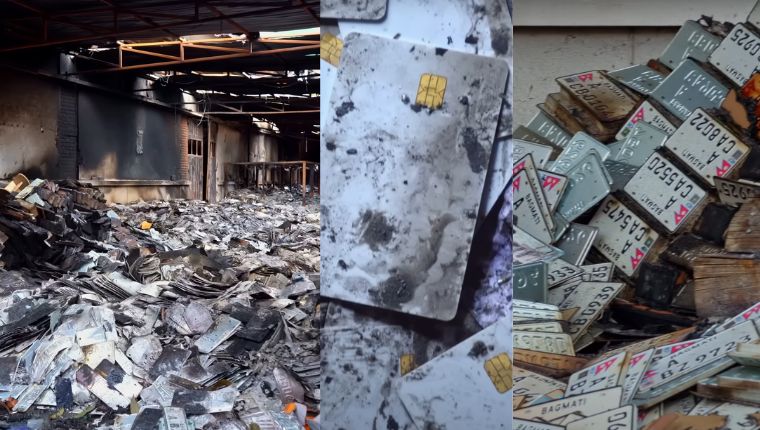
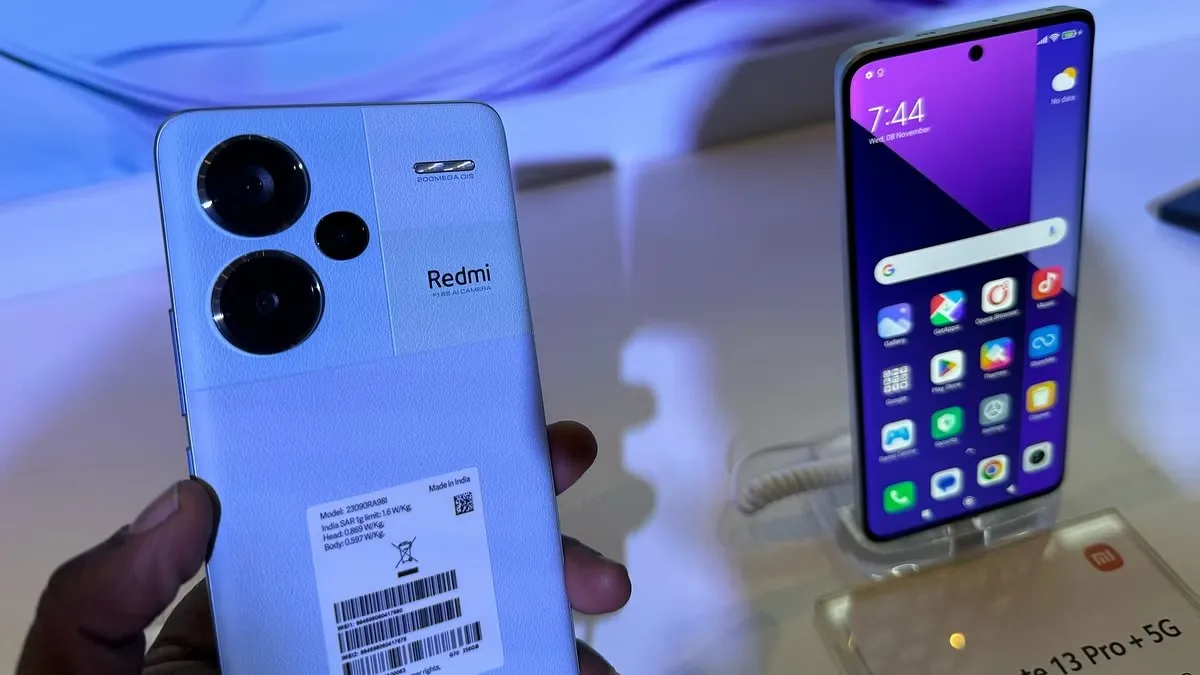



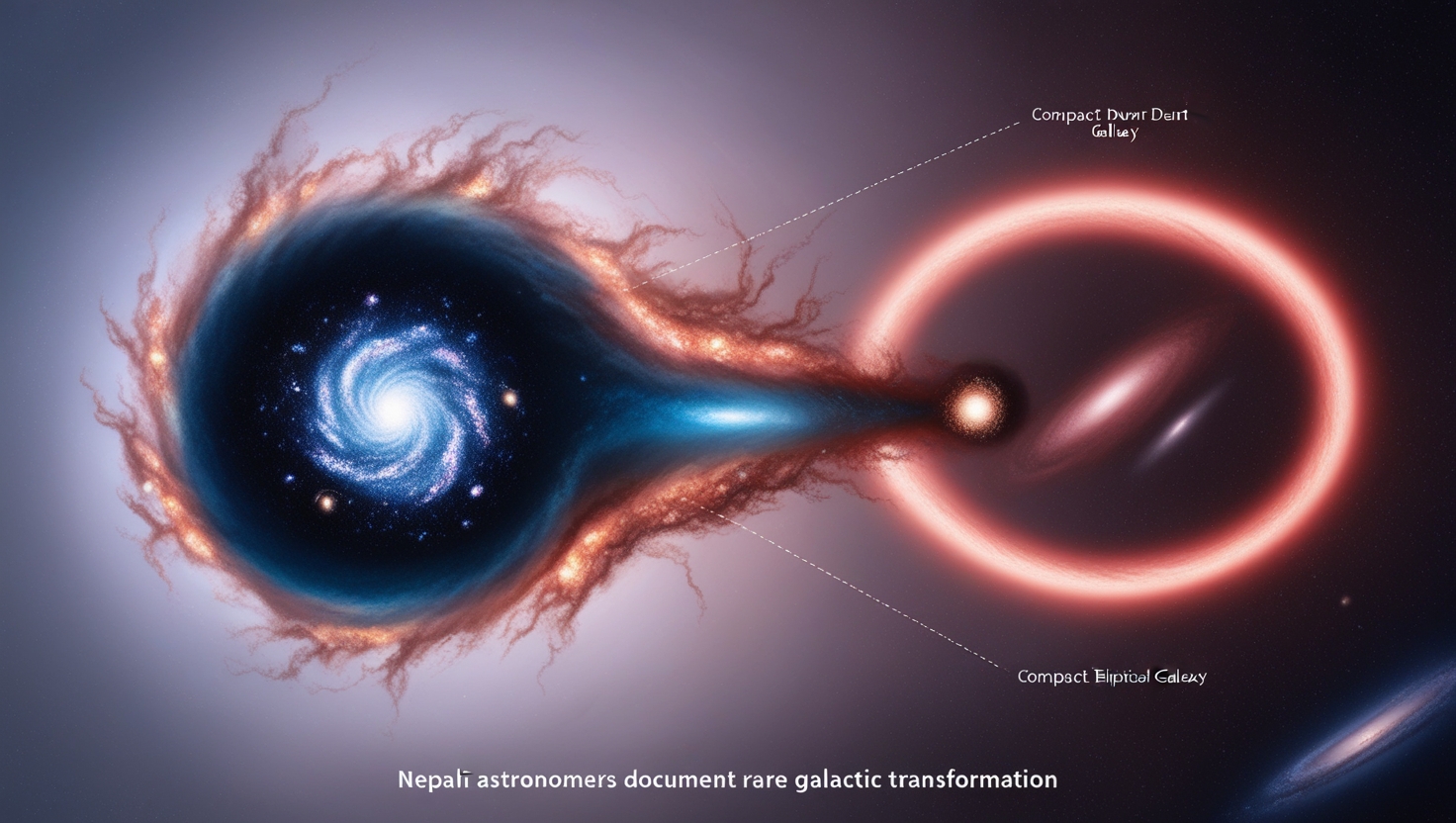

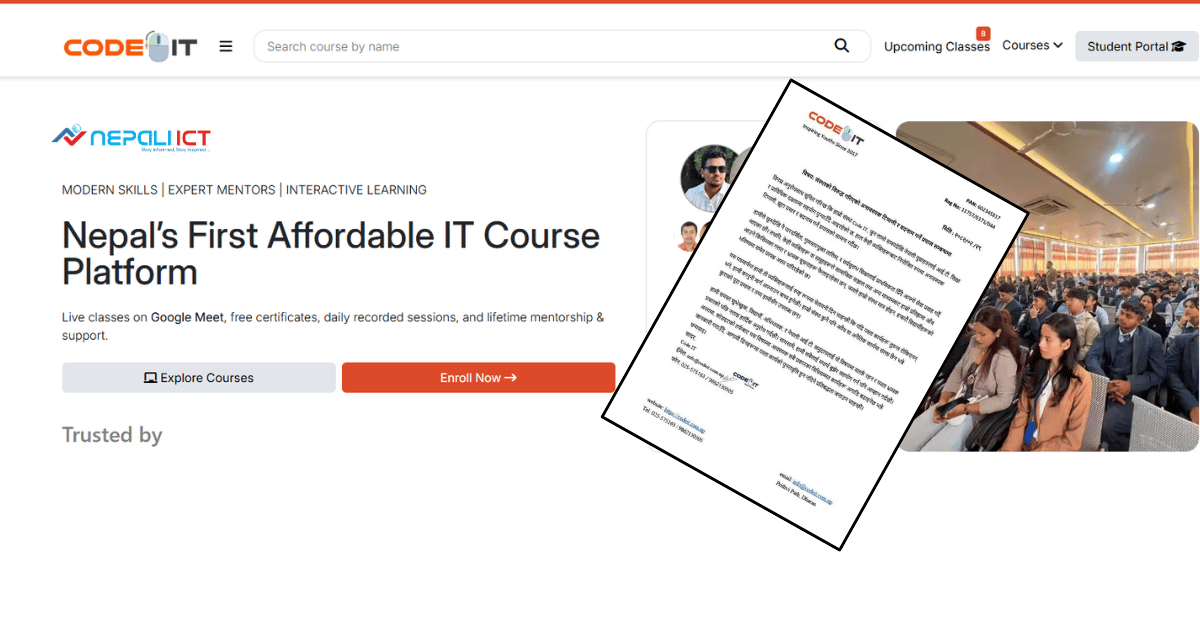


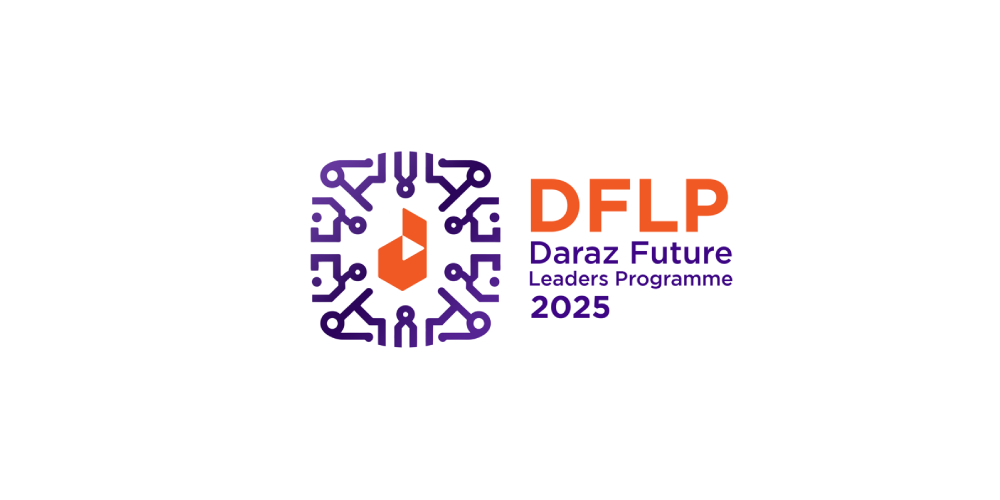

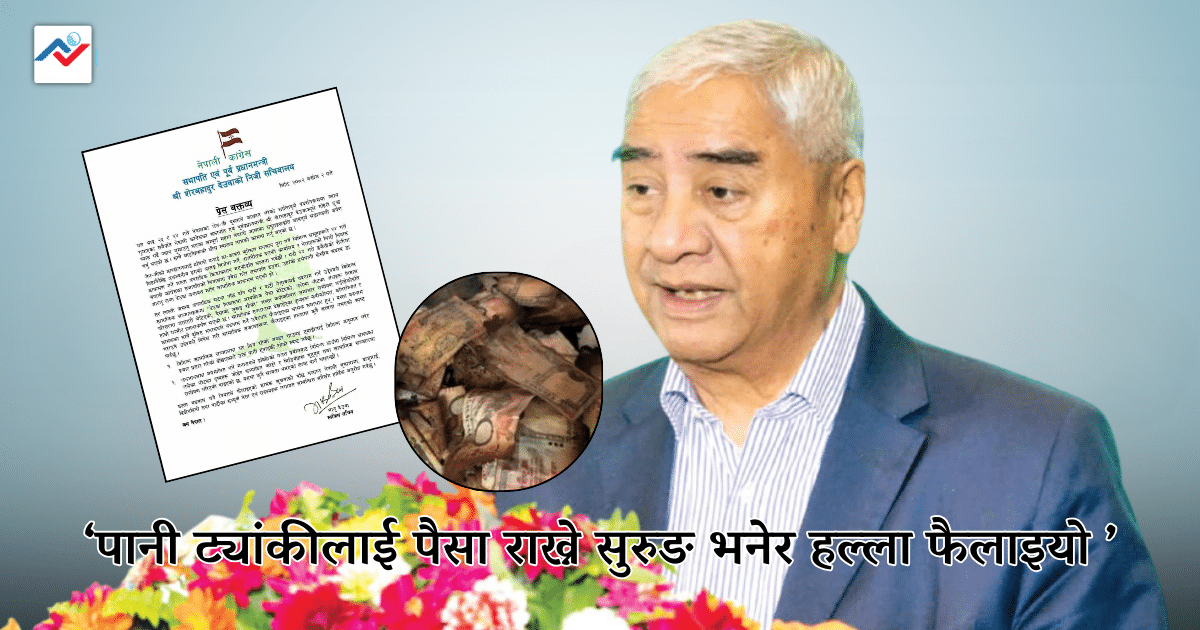








Comments